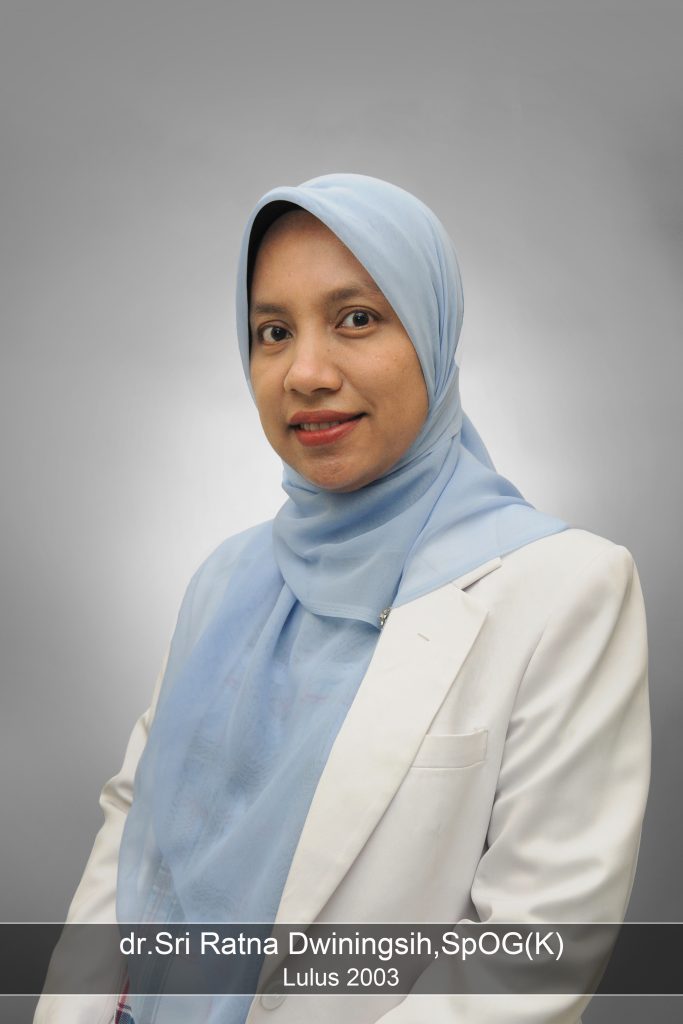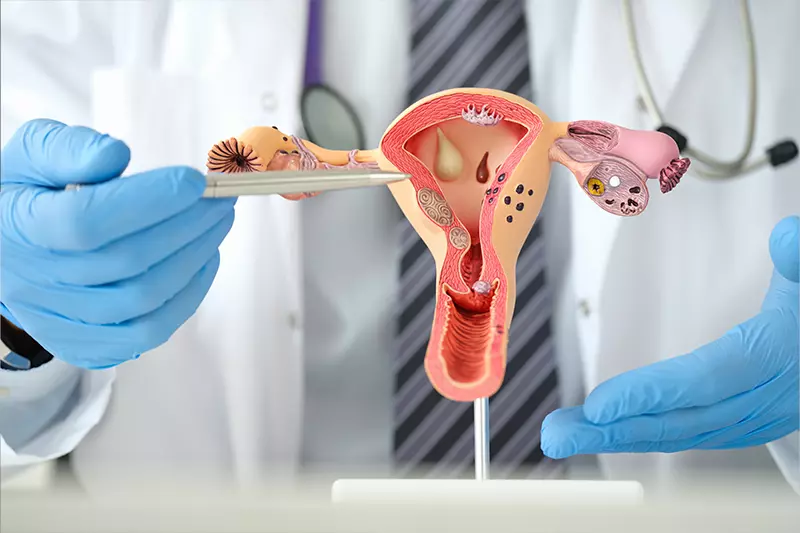UNAIR NEWS – Polycystic ovary syndrome (PCOS) has become one of the trending topics on Twitter a while ago. Obstetrics and Gynecology lecturer at the Faculty of Medicine Universitas Airlangga, Dr. Sri Ratna Dwiningsih dr SpOG (K), shared the details of PCOS definition, symptoms, causes, treatment, and prevention.
“PCOS is an endocrine disorder in women of reproductive age. The prevalence is estimated to be 4 to 12 percent in women during the reproductive years,” Dr. Sri said.
PCOS increases the risk of some serious diseases, for instance, endometrial cancer, diabetes mellitus, dyslipidemia, and cardiovascular disease.
Symptoms
There are various criteria for PCOS diagnoses, such as Rotterdam criteria which occurs in adult women, AES 2006 to teenage girls, and such.
Generally, PCOS has some symptoms. First, irregular periods, and infertility. Second, excessive androgen.
High levels of androgen have other characteristics. First, hirsutism, or excessive hair growth in arms or legs, and second, increased facial hair like a mustache or beard. Third, small egg cells on the edge of the ovaries that look like a pearl necklace can be seen through a transvaginal ultrasound examination.
Causes
“The exact cause of PCOS is unknown. Some said that PCOS occurred due to genetics and environmental interactions,” she stated.

The PCOS-causing factors include obesity, lack of physical activity, family history of PCOS, and intrauterine exposure in-utero. Besides, chemical ingredients in the environment like bisphenol A, dioxins, and triclosan, are alleged to disrupt the endocrine system with a high risk of causing PCOS.
Treatment and prevention
Dr. Sri explained that the PCOS treatment principle controls menstruation and induces ovulation. Ovulation induction stimulates egg development for pregnancy and prevents the long-term effects of PCOS.
PCOS treatment can be conducted using several ways. First, improving the lifestyle by eating fiber foods, limiting consumption of foods high in fat and sugar, and exercising regularly. Second, conducting hormonal therapy using the contraceptive pill. Third, use the insulin-sensitizing drug if necessary.
“We can prevent PCOS by improving our lifestyle and avoiding chemical ingredients, which disrupt the endocrine and reproductive system, like bisphenol A, dioxins, and triclosan,” she stated.
Author: Tristania Faisa Adam
Editor: Binti Q. Masruroh









